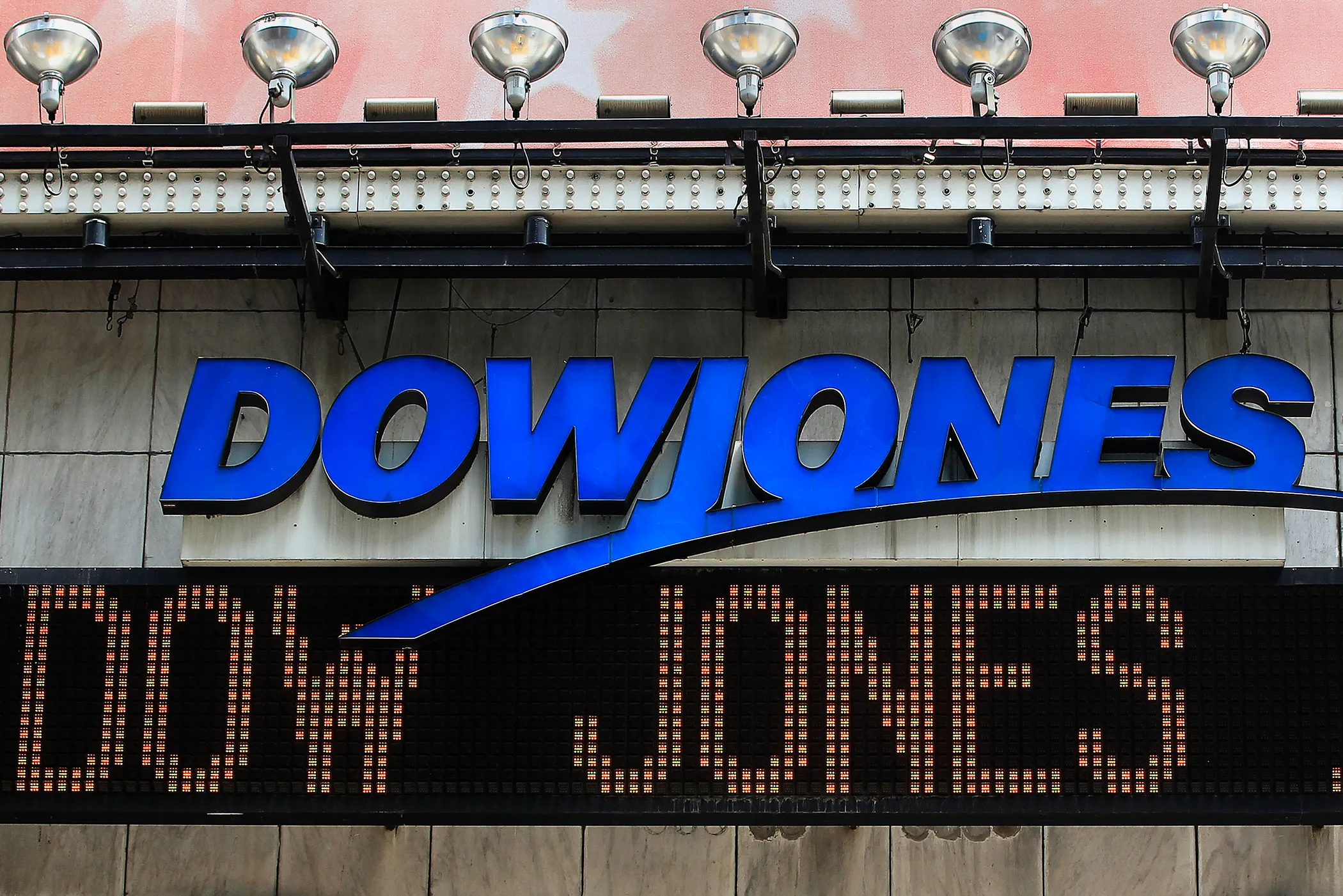A Slower Economy Weighs On Stocks, As The Dow Drops More Than 200 Points
As traders assessed what a spike in oil prices might mean for the global economy as well as what this might mean for the Dow Jones Industrial Average, it fell more than 200 points on Tuesday.
A decline of 270 points or 0.8% was recorded in the Dow while a decline of 0.7% was recorded in the S&P 500 after the index opened higher. There was a 0.6% decline in the Nasdaq Composite Index.
For the first time in approximately two years, a reading of job openings dropped below 10 million for the first time in nearly two years, a sign that the labor market that once sustained the economy might be slowing down a bit. The Dow Jones Industrial Average may decline for the first time in five days if this reading continues.
As Ed Yardeni, president of Yardeni Research, said, "There are still a lot of job openings in relation to the number of unemployed people at this time." Markets are very sensitive to any minor change in the direction they are going in that they are not comfortable with.
After a four-day winning streak for both the S&P 500 and Dow Jones, the two stocks are on track to end their winning streak on Tuesday. On Monday, the Dow Jones Industrial Average and the S&P 500 Index each rose 0.4% and 1%.
In spite of persistent inflation, a banking crisis, and higher rates, markets have been able to maintain a positive trend over the past few months with the major averages inching upward.
In Julian Emanuel's view, resilient is a good word to describe the company, as a senior managing director at Evercore ISI pointed out. It seems that despite a still strong economy (2-3% GDP in the first quarter), the overall economic outlook continues to deteriorate and the stock market remains stuck in a narrow range between 3800 and 4200 despite already defensive positioning.
OPEC+ announced this week it would cut oil output by 1.16 million barrels a day, adding another source of uncertainty to the energy market. The news resulted in the biggest daily gain for West Texas Intermediate futures in nearly a year, but crude traded slightly lower on Tuesday.
Quincy Krosby, the chief global strategist for LPL Financial, said that given the world's shift to green energy, OPEC+ knows the one thing it cannot ignore: its 'liquid gold' will at some point lose its shine.
“Until then, as the dominating countries of OPEC+ prepare for the future by spending trillions of dollars rebuilding infrastructure and refocusing away from crude oil as their primary source of income, controlling crude prices will be used more aggressively and directly than expected,” she explained.

Subscribe to our newsletter!
As a leading independent research provider, TradeAlgo keeps you connected from anywhere.








